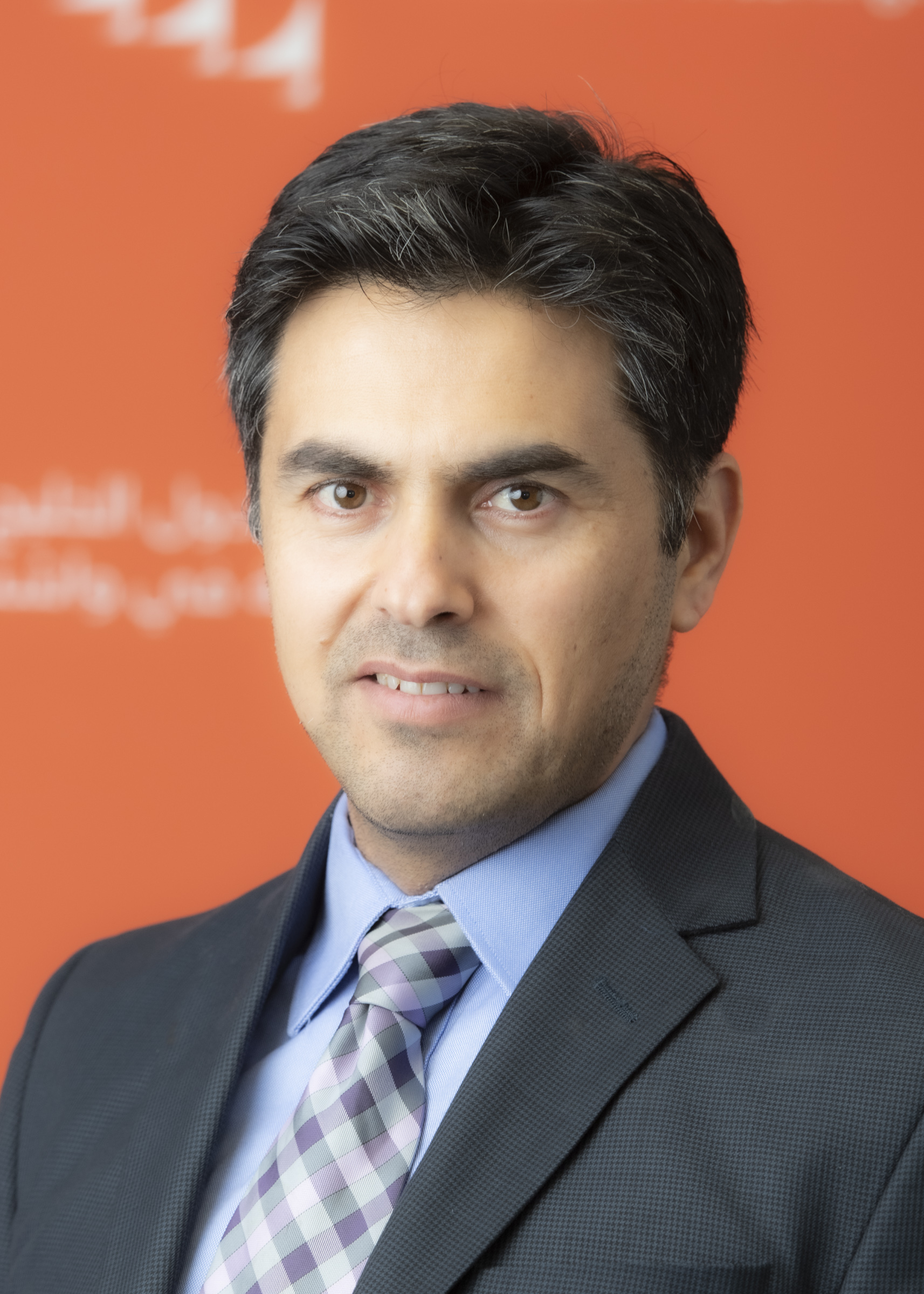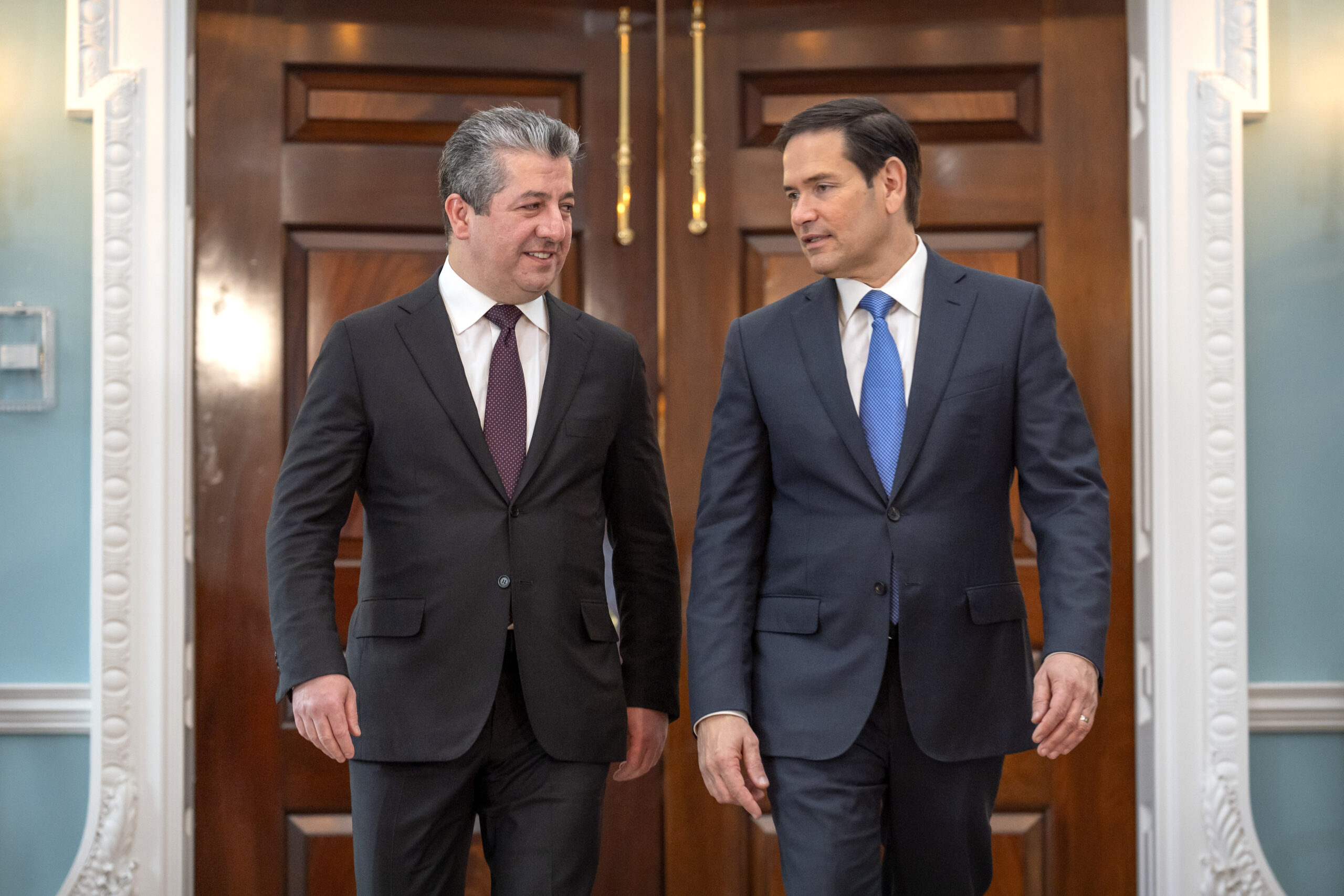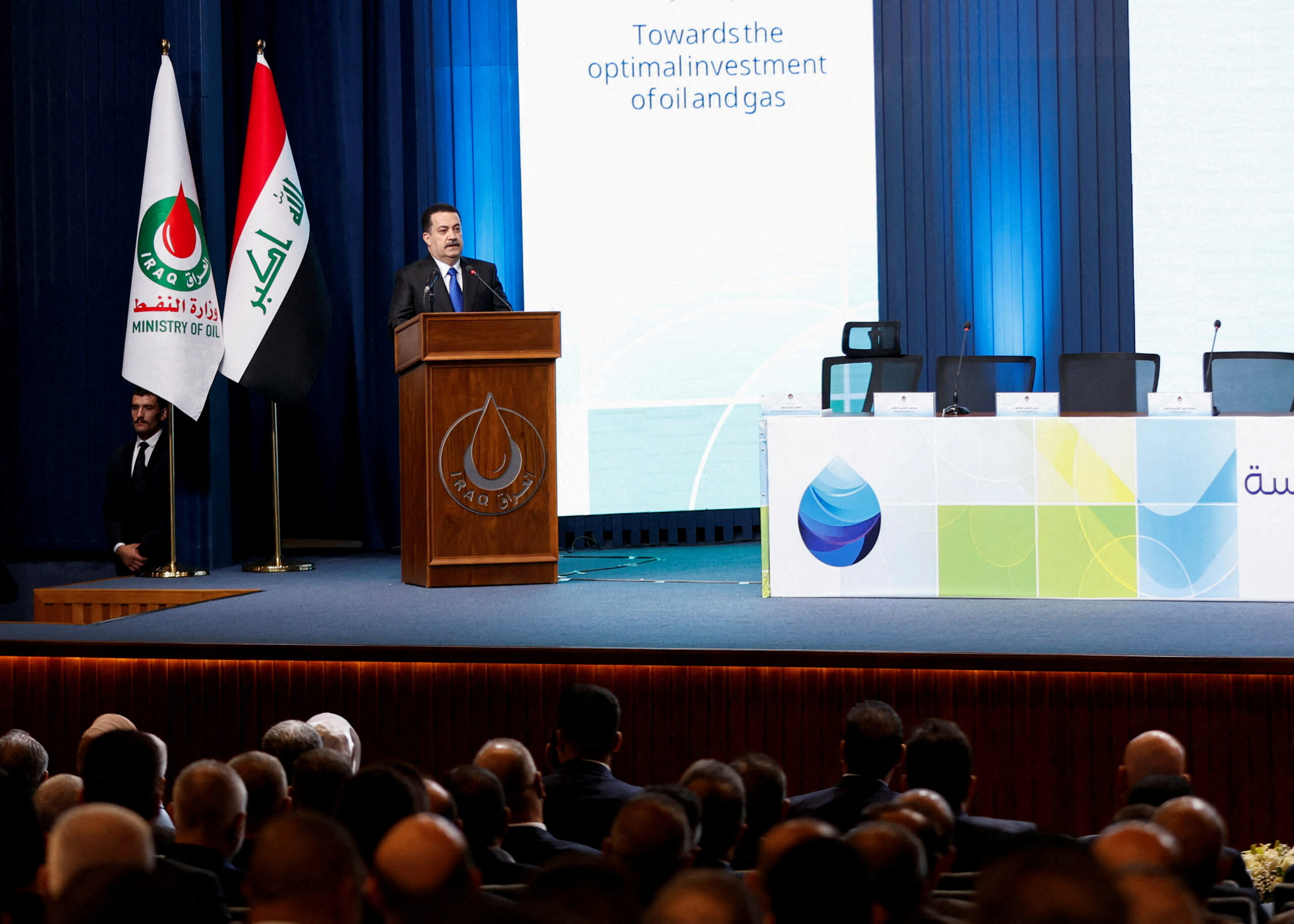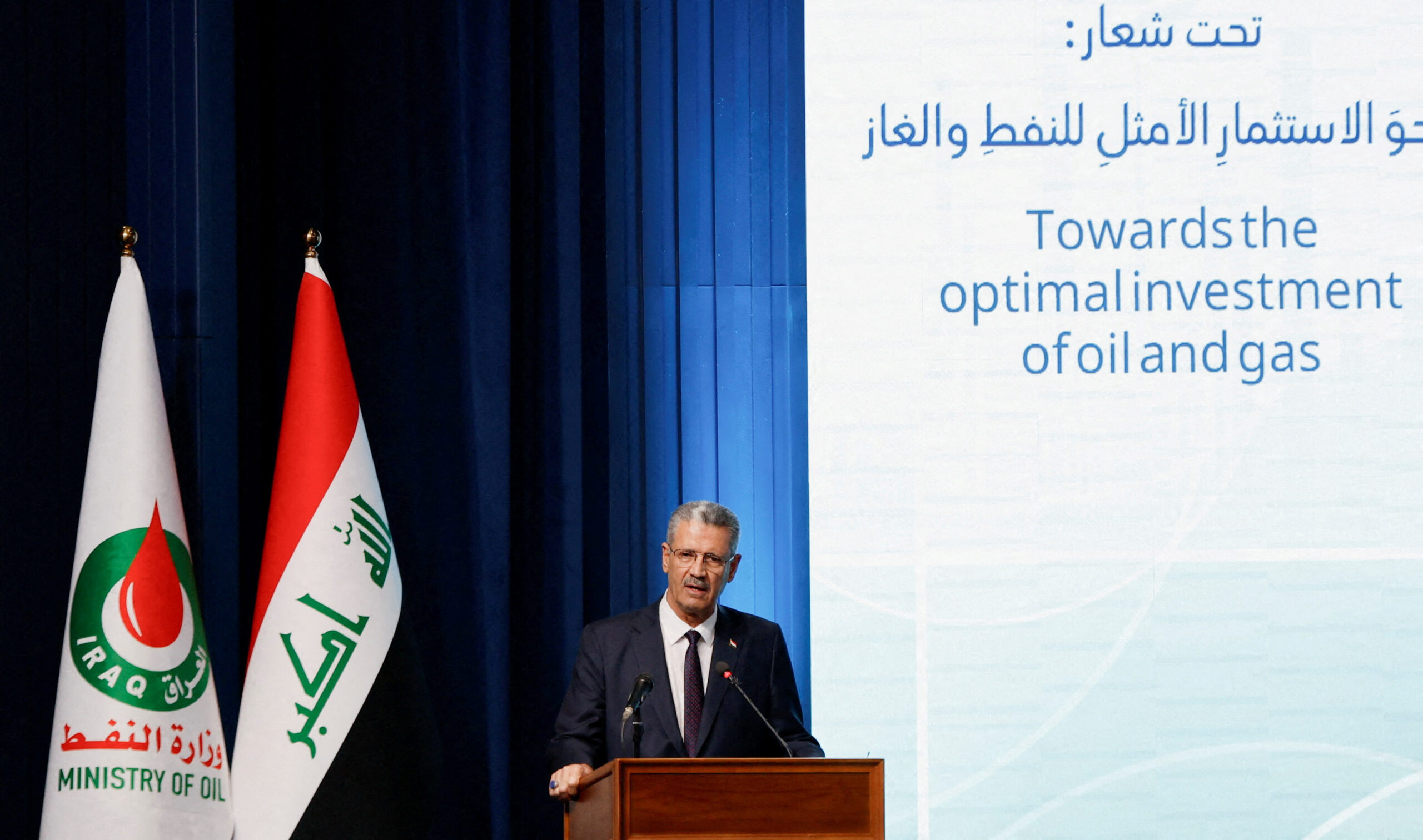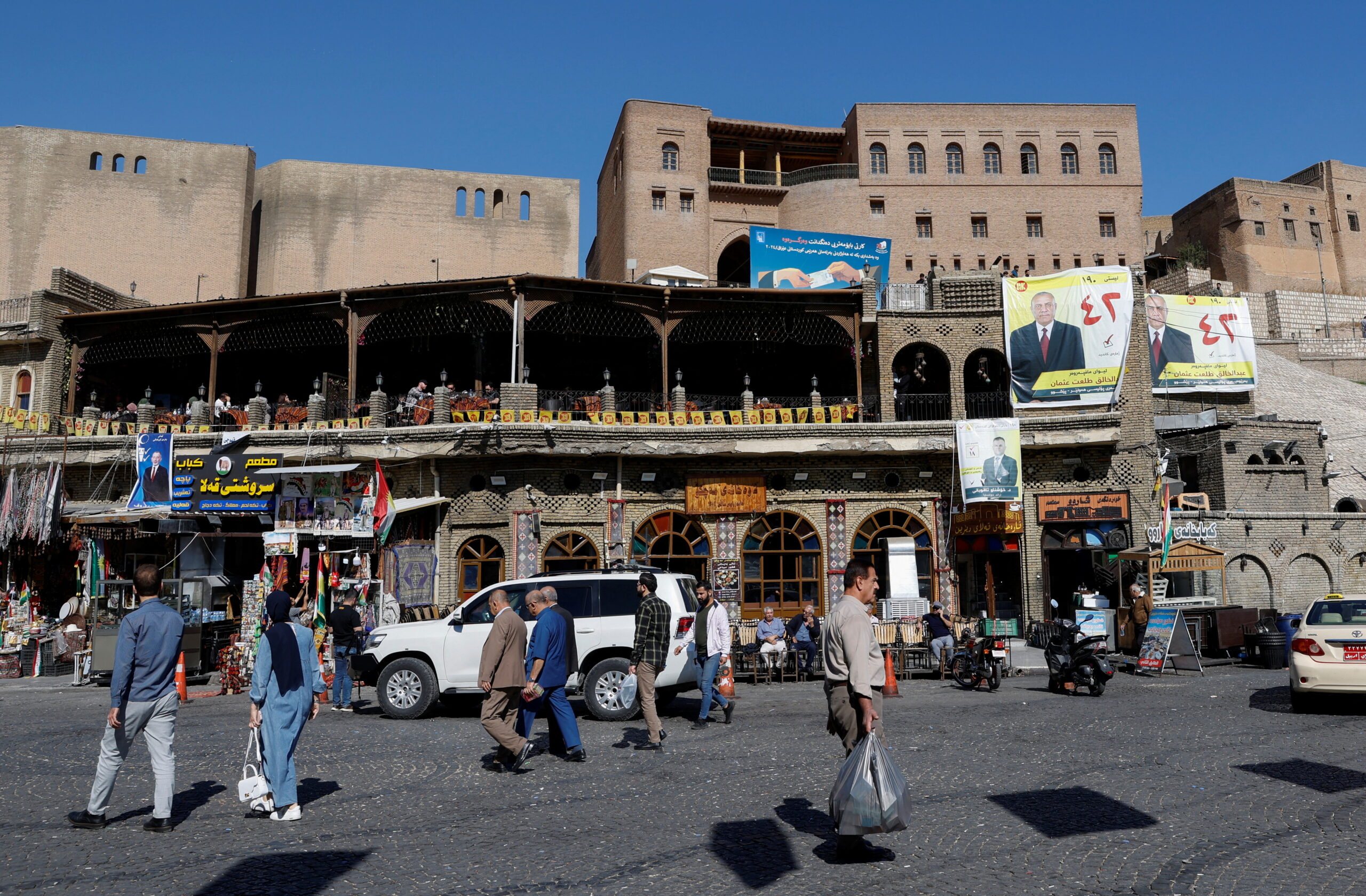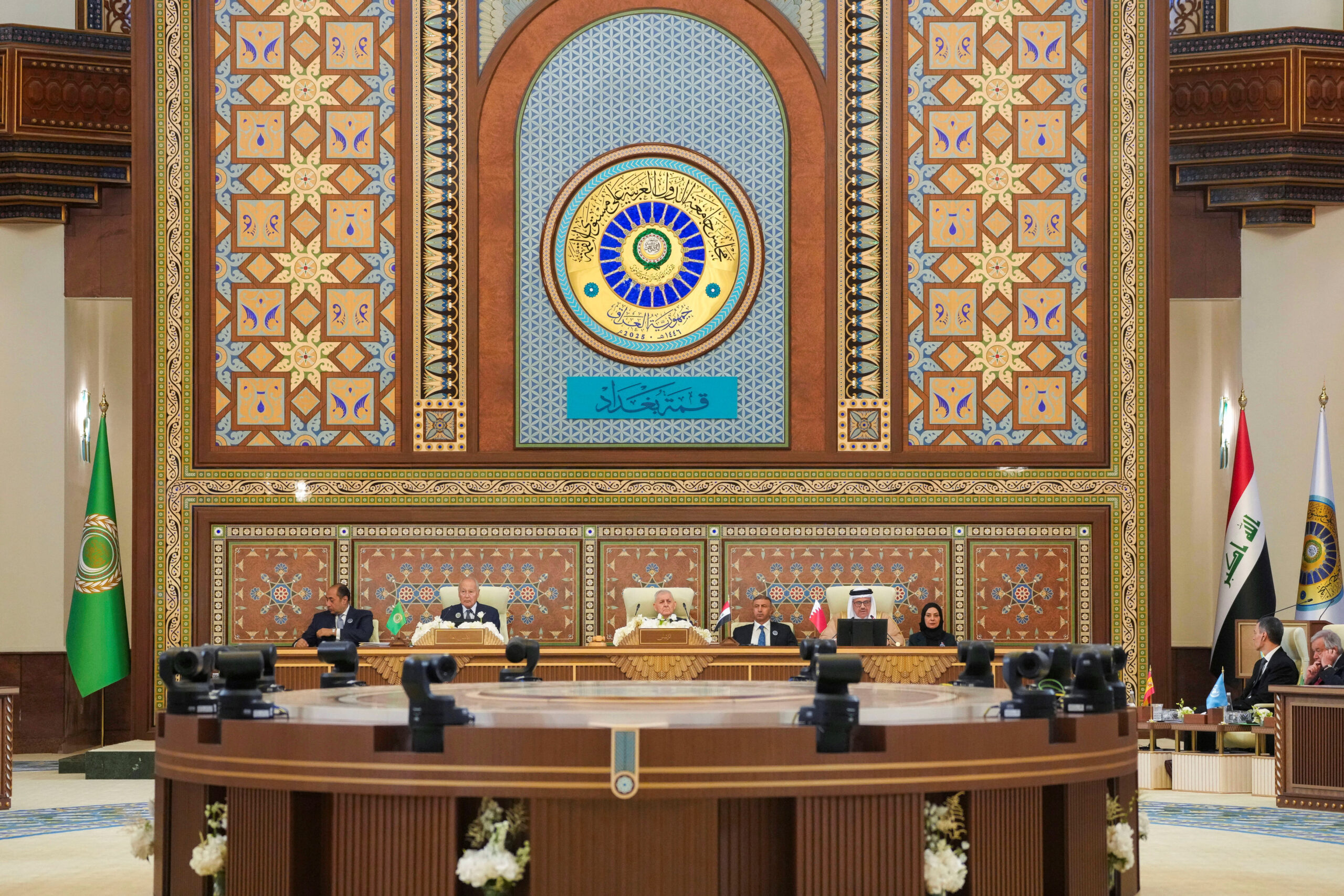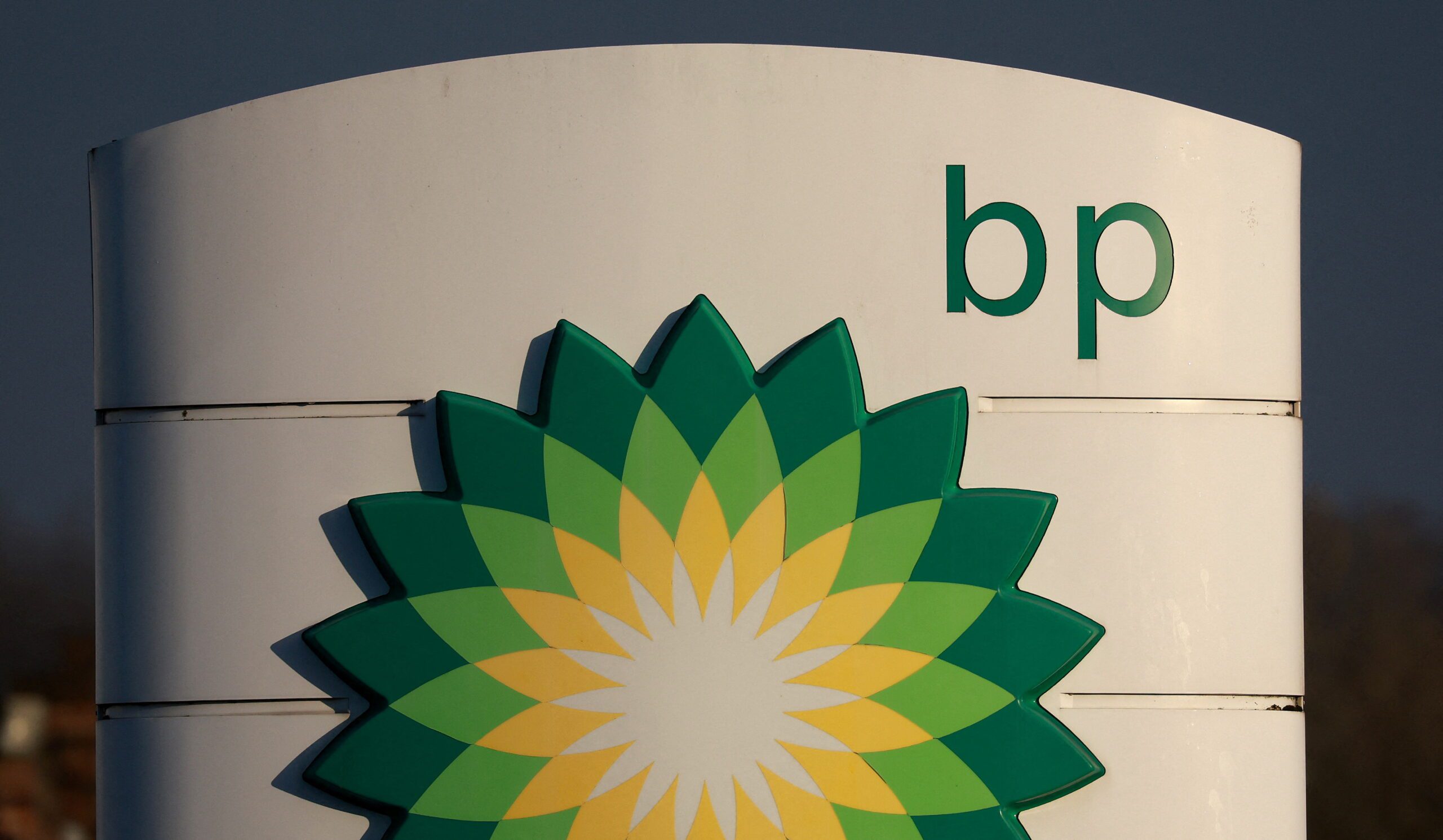U.S.-Brokered Deal Turns On Iraq-Turkey Pipeline Spigots
The flow of Kurdish oil via the Iraq-Turkey pipeline to the international market after more than two years demonstrates the effectiveness of sustained U.S. diplomacy.
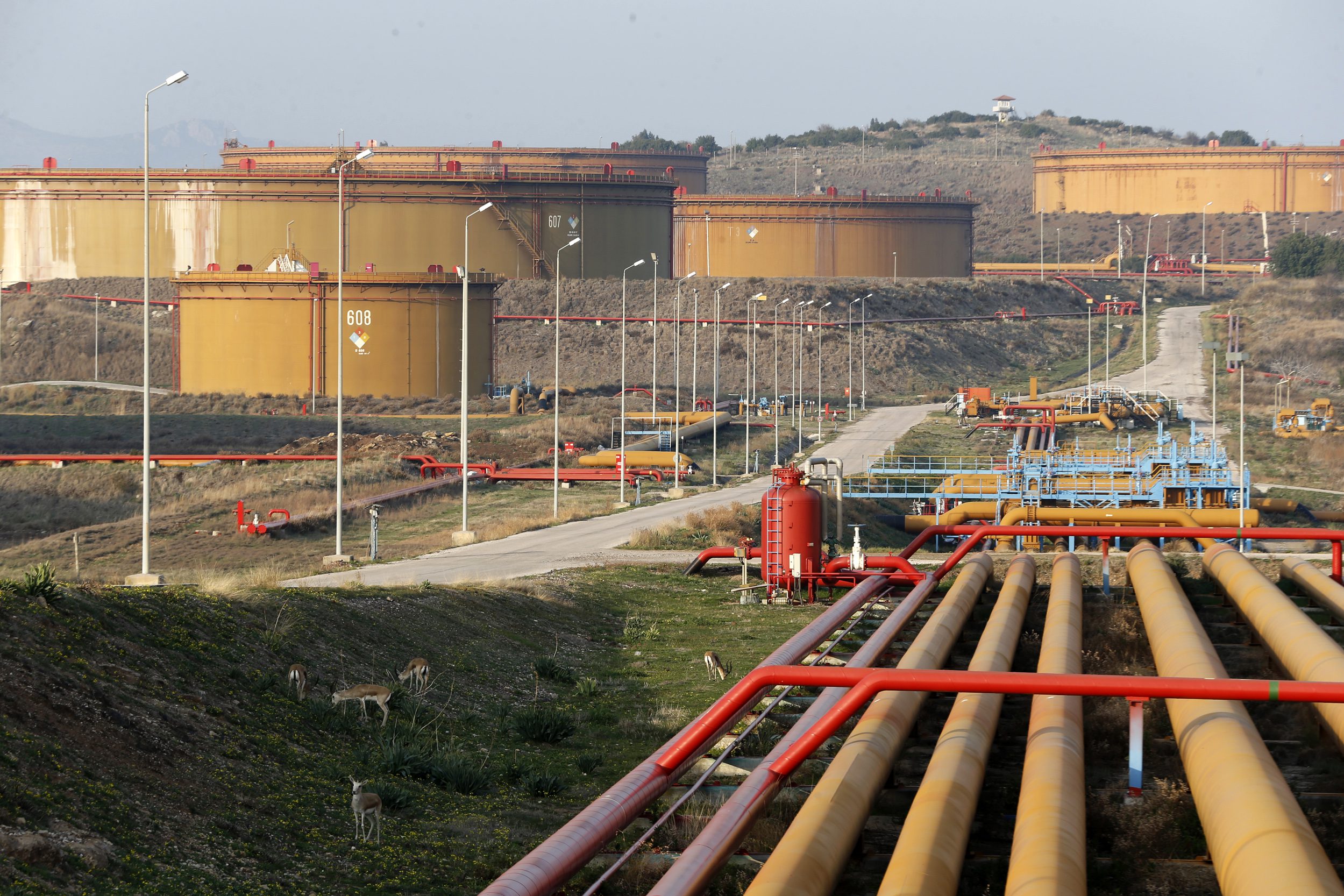
On September 27, crude oil produced from the Iraqi Kurdistan region’s oilfields once again started flowing to the international market via the Iraq-Turkey pipeline. The flows resumed after a temporary deal brokered by the United States September 23 among the Kurdistan Regional Government, Iraqi government, and international oil companies operating in the Kurdish region. The agreement is set to expire December 31 unless all parties agree in writing to extend it. Initially, some 230,000 barrels of oil are expected to reach the market and then gradually increase as production ramps up. Before the pipeline shutdown, the KRG exported over 400,000 barrels per day.
Flows from the pipeline were cut off in March 2023 after the International Chamber of Commerce in Paris ruled in favor of the Iraqi federal government that Turkey violated a 1973 treaty by allowing the KRG to market oil independently via this pipeline. As the final or transit destination country for all oil the KRG exported via the pipeline, Turkey was forced by the Paris decision to refuse any oil flowing in the pipeline from the KRG. Ankara halted these KRG exports, cutting off Erbil’s revenue stream and deepening its budget crisis. Although Turkey said it was ready to allow the KRG to ship oil via the pipeline in October 2023, disputes between the KRG and Baghdad over sovereignty and export rights, compounded by disagreements over contracts and payments to international oil companies based in the Kurdistan region, blocked progress.
The resumption of crude exports to the international market via Turkey is a win for all sides. For Erbil, the deal could stabilize its economy, assuming Baghdad implements its part of the agreement. The agreement should temporarily calm tensions between the KRG and Baghdad, improve Iraq’s political and investment image internationally, and eliminate a point of friction in Iraqi-Turkish as well as Iraqi-U.S. relations.
Persistent U.S. diplomacy helped Erbil and Baghdad to resolve their standoff. Through commercial diplomacy, President Donald J. Trump’s administration pressed Kurdish and Iraqi leaders to accept a compromise deal that protected Erbil’s basic financial and energy rights while honoring Baghdad’s long-standing quest for sovereignty over oil sales. Under the agreement, Iraq’s State Organization for Marketing of Oil will set the price and load Kurdistan’s oil in Turkey’s Ceyhan port for sale. International oil companies will be paid in crude oil, which will eventually turn into cash that will be deposited into an escrow account at Citibank in the United Arab Emirates.
The KRG and Iraqi government eventually understood that this dispute had mushroomed beyond each side’s parochial concerns and prompted a stronger and more assertive U.S. intervention to resolve the conflict and assure energy stability in northern Iraq. However, the same forces that created this opening could cause it to quickly unravel. Baghdad may push to centralize revenue if power dynamics change following Iraq’s November parliamentary elections. Compounding this risk, in 2026 a new national budget law needs to be legislated in which issues related to the Kurdistan region’s share of the national budget and how much oil the KRG will be required to transfer to the federal government for exportation will likely be subject to heightened debate.
In addition, Ankara may overreach for commercial gain as it seeks to renegotiate the Iraq-Tukey Pipeline treaty of 1973, which is set to expire in the summer of 2026. Turkey’s demands in its proposal for a new pipeline deal with Iraq could complicate a new agreement in the months to come. Erbil may view the September 23 deal as a springboard for more autonomous powers if the KRG leadership does not treat the agreement with caution. And Washington may try to use the pipeline agreement and overall energy politics in Iraq as geopolitical leverage against Moscow and Tehran, especially if a new deal between Iraq and Turkey includes gas and potential utilization of the pipeline to increase oil exportation to Turkey and Europe. Maximalist demands from any side would imperil the fragile balance just achieved.
The resumption of flows from the Iraq-Turkey pipeline may have far-reaching geopolitical consequences, coming at a time when the Trump administration’s sanction regimes are increasingly reshaping the global energy supply landscape. Washington has tightened sanctions on Moscow and Tehran, reshaping energy supply lines, as Europe is steadily reducing its reliance on Russian hydrocarbons while accelerating its green transition. Once eager to buy discounted crude, India now faces scrutiny for cushioning sanctioned regimes. Under pressure from the United States to curb dependence on Russian and Iranian oil and gas, Turkey must make steep cuts to purchases of oil sourced to Moscow and Tehran, which also requires a stable alternative. Kurdistan, geographically close and already tied to Ankara by a long-term energy agreement, offers one.
The deal could be a steppingstone toward Erbil’s goal of becoming an energy hub for Iraq, Turkey, and Europe, if given the opportunity and necessary protection. At the same time, unlocking the Kurdistan region’s energy reserve potential (billions of barrels of oil and trillions of cubic feet of natural gas) could be more than just a source of commodities for the United States and its NATO allies. If harnessed, Kurdistan’s energy supplies could bolster Turkey’s and Europe’s energy security while anchoring allies in a Western-oriented energy framework. They could also contribute to buffering global market volatility while reinforcing Washington’s broader strategy of reducing allied dependence on Russian and Iranian supplies.
Kurdish leaders, however, should take heed. Bypassing Baghdad or banking on unconditional Western support is likely to backfire again. Resources can create meaningful leverage only when wielded with restraint and balance. Recent Kurdish history has the hallmarks of overreach. In 2017, when the KRG sought to convert energy wealth into political power, it overstepped; adversaries and friends united, and the Kurdish bid for statehood, via the 2017 regional referendum for independence, led to a reduction of autonomous powers. Allies, however sympathetic, balance Kurdish interests against strategic relationships with sovereign countries in the region, starting with Iraq.
If Erbil is to transform this fragile opportunity into sustainable economic leverage and the political influence that usually accompanies it, the KRG must treat energy as an economic foundation, not a cure-all. Future hydrocarbon revenue should continue to finance diversification into agriculture, tourism, technology, and logistics, reducing exposure to price shocks and weak bargaining position. Transparency around revenue flows is equally vital to establish public trust in the sector, reassure investors, and head off renewed disputes with Baghdad.
For Baghdad, credibility rests on consistently disbursing the Kurdish share of the budget, as the necessary response for the KRG’s concession recognizing the Iraqi national government’s right to maintain a degree of control over the flow of the oil. Stability in the north should not be viewed as a concession but a necessity for Iraq’s unity and a stable investment climate. For Ankara, the challenge is to keep commercial pragmatism from being undercut by inflated financial demands or entangling the negotiations to renew the pipeline deal with other broader demands that could be unacceptable to Baghdad. For Washington, the task is to build on this success by helping the entire country to utilize its energy sector for both economic development and global price stability without treating oil solely as a tool against adversaries. Balance, not maximalist ambition, is the key to sustaining progress.
The persistence of U.S. diplomacy led to a breakthrough but sustaining it will require discipline on all sides. If pragmatism holds, the pipeline’s reopening can secure Kurdish financial stability, pave the way for rebuilding and vitalizing the Kurdish energy sector, usher in new areas of cooperation among all stakeholders, strengthen allies, and reinforce the U.S. global energy strategy.
The views represented herein are the author's or speaker's own and do not necessarily reflect the views of AGSI, its staff, or its board of directors.
